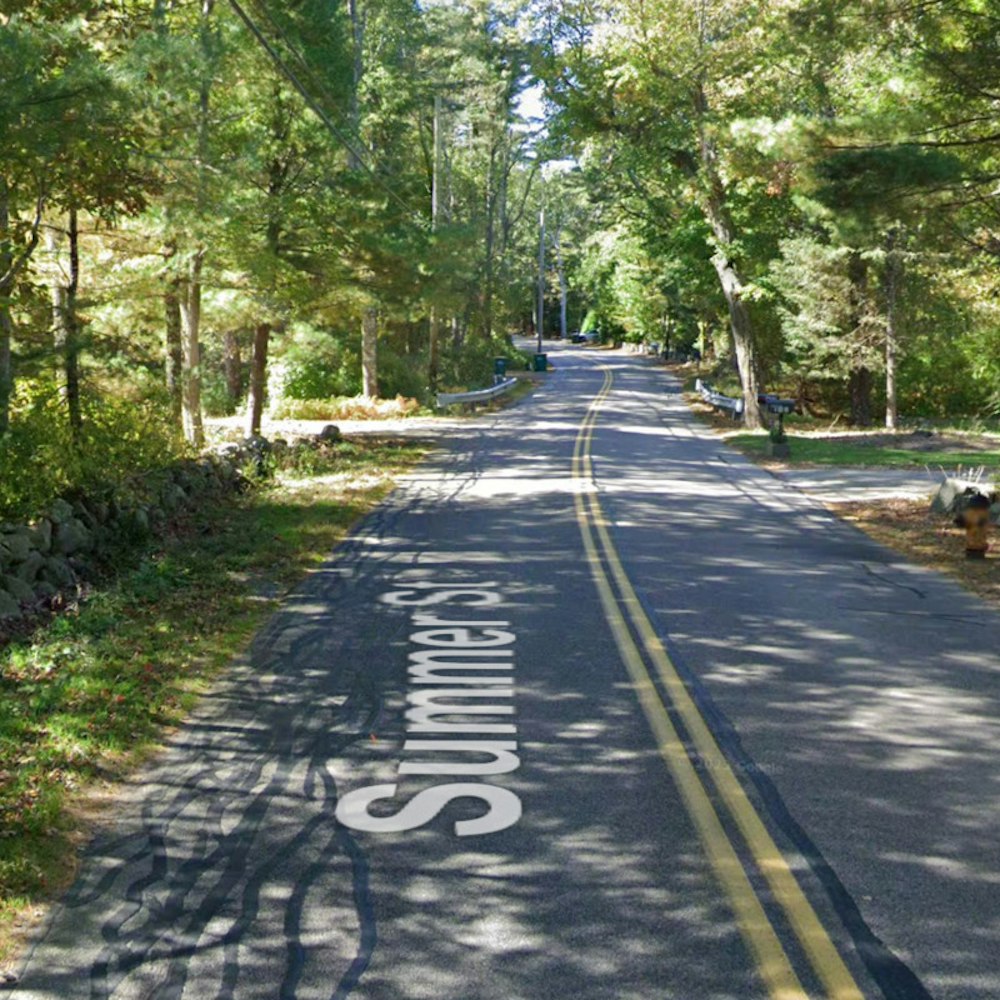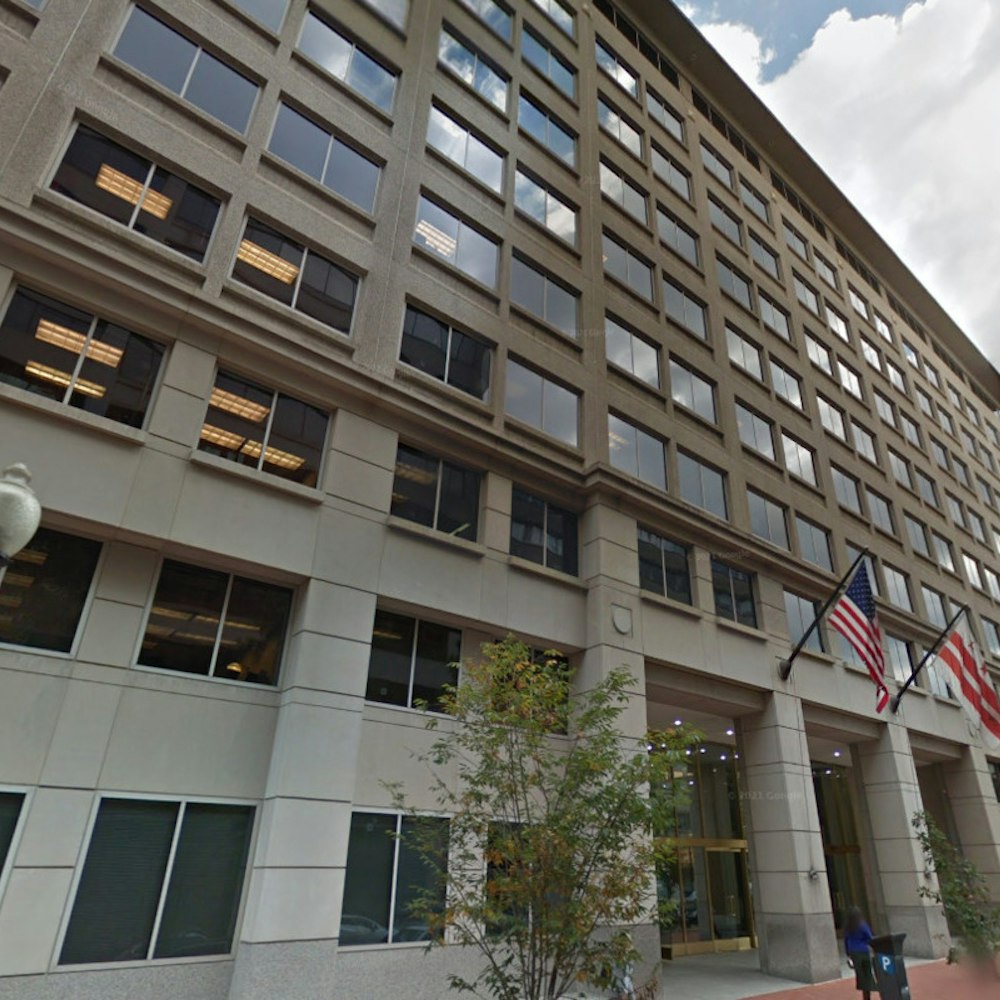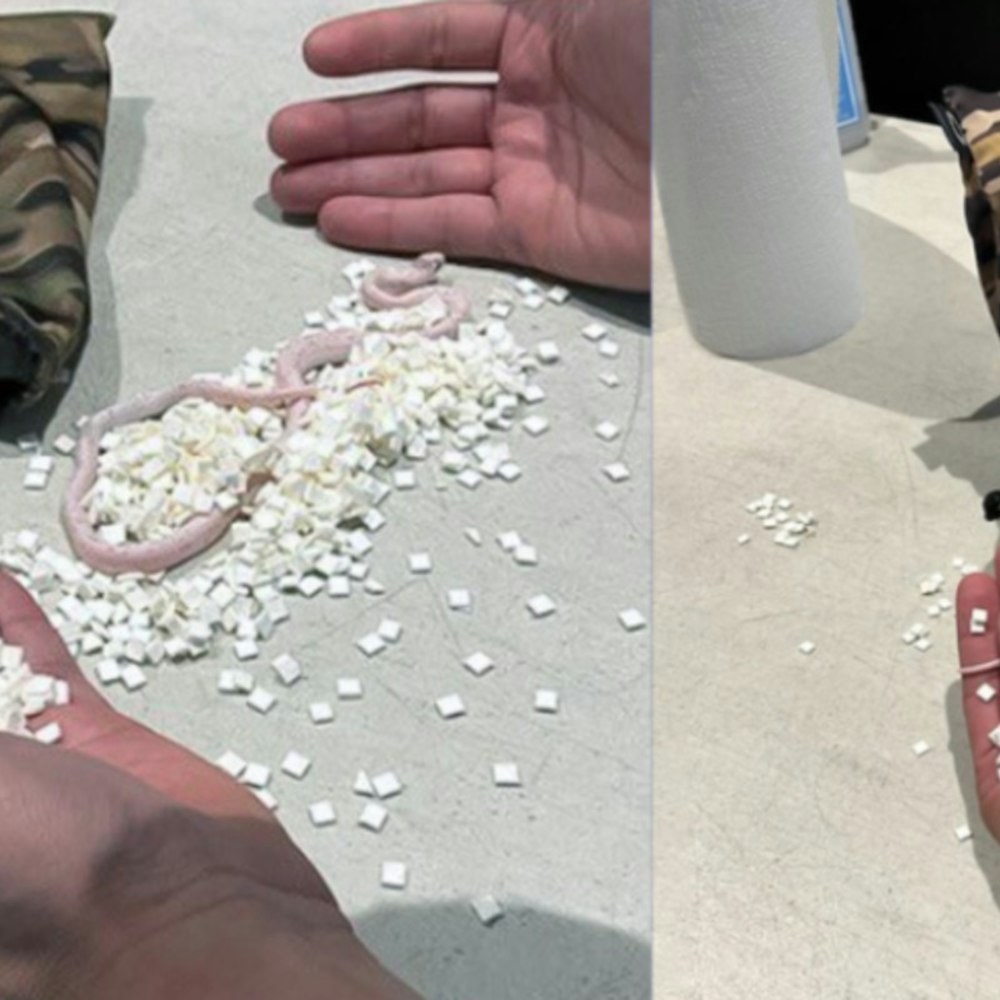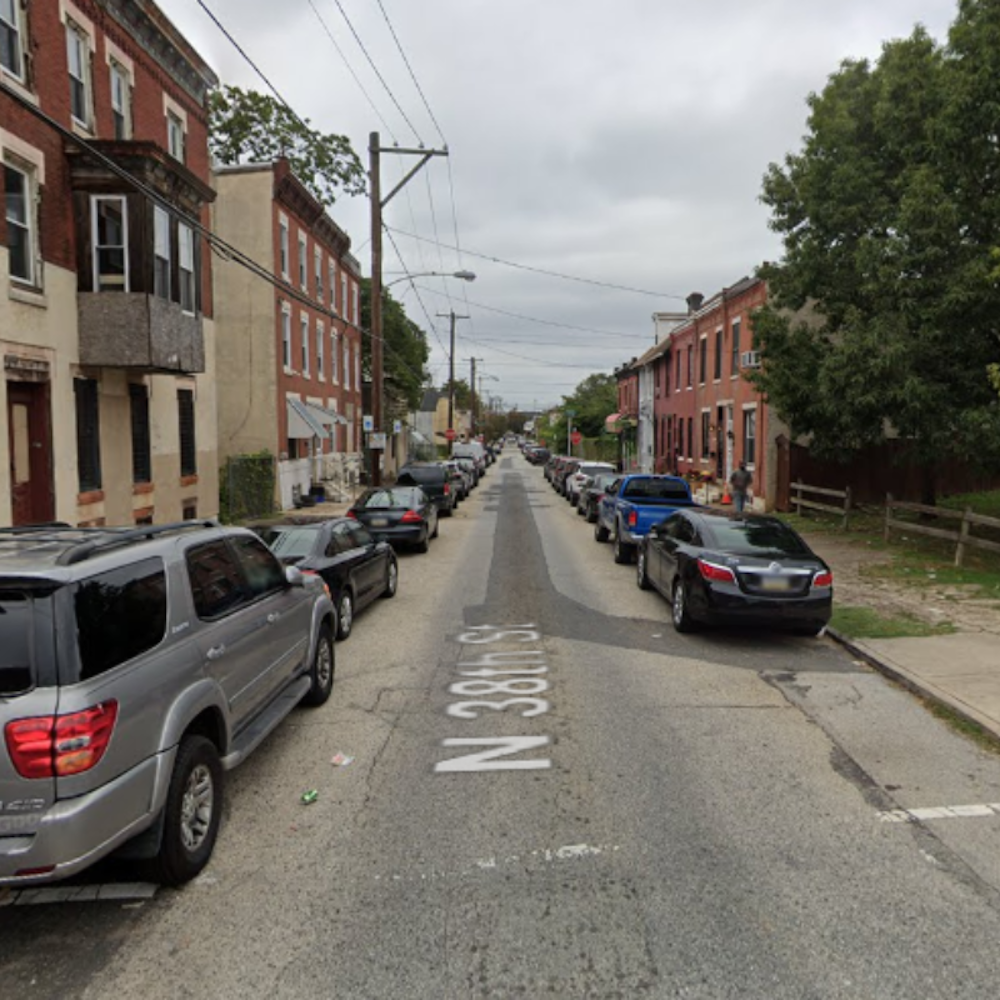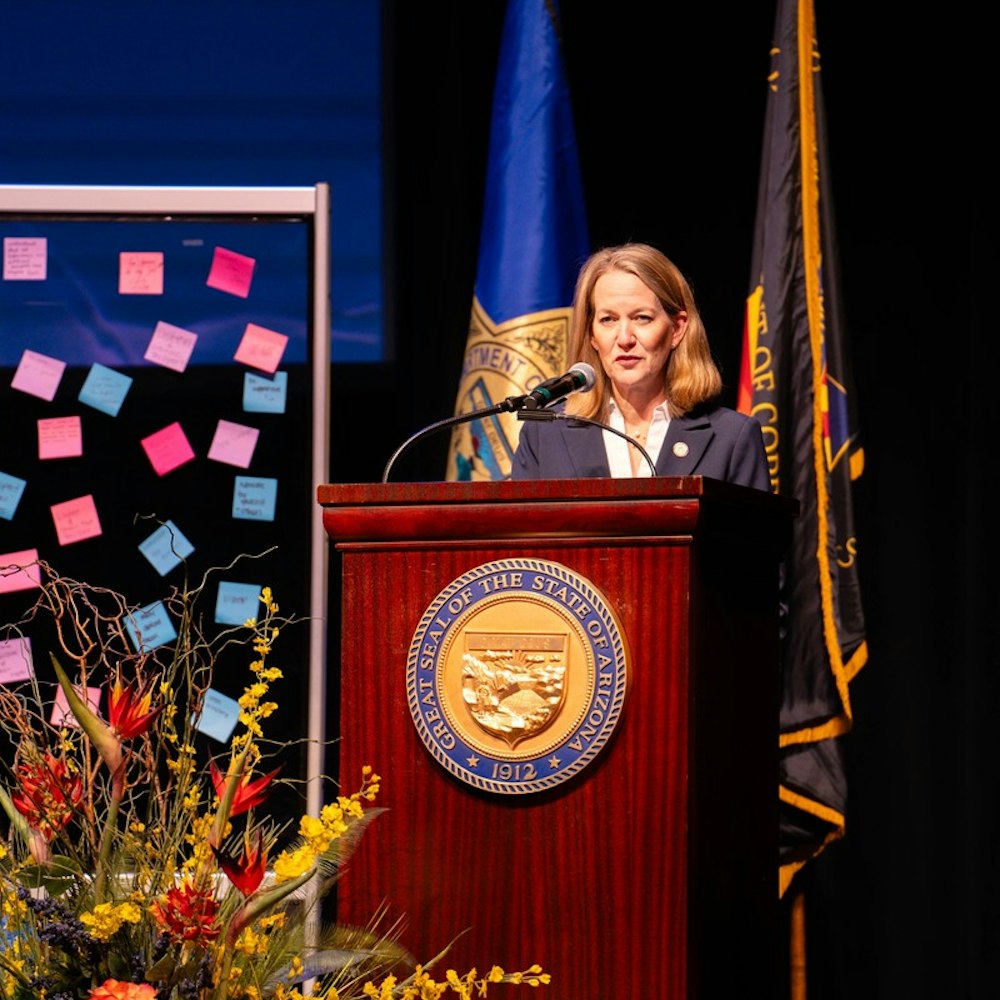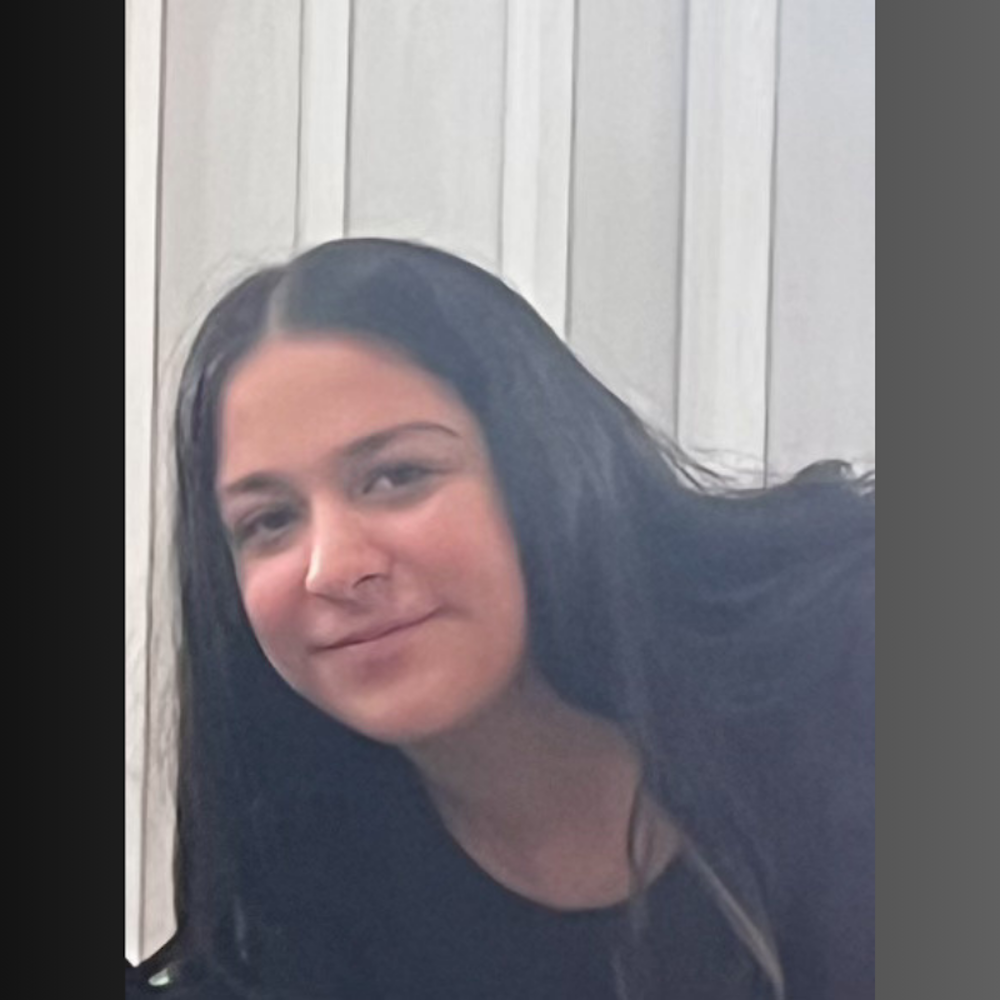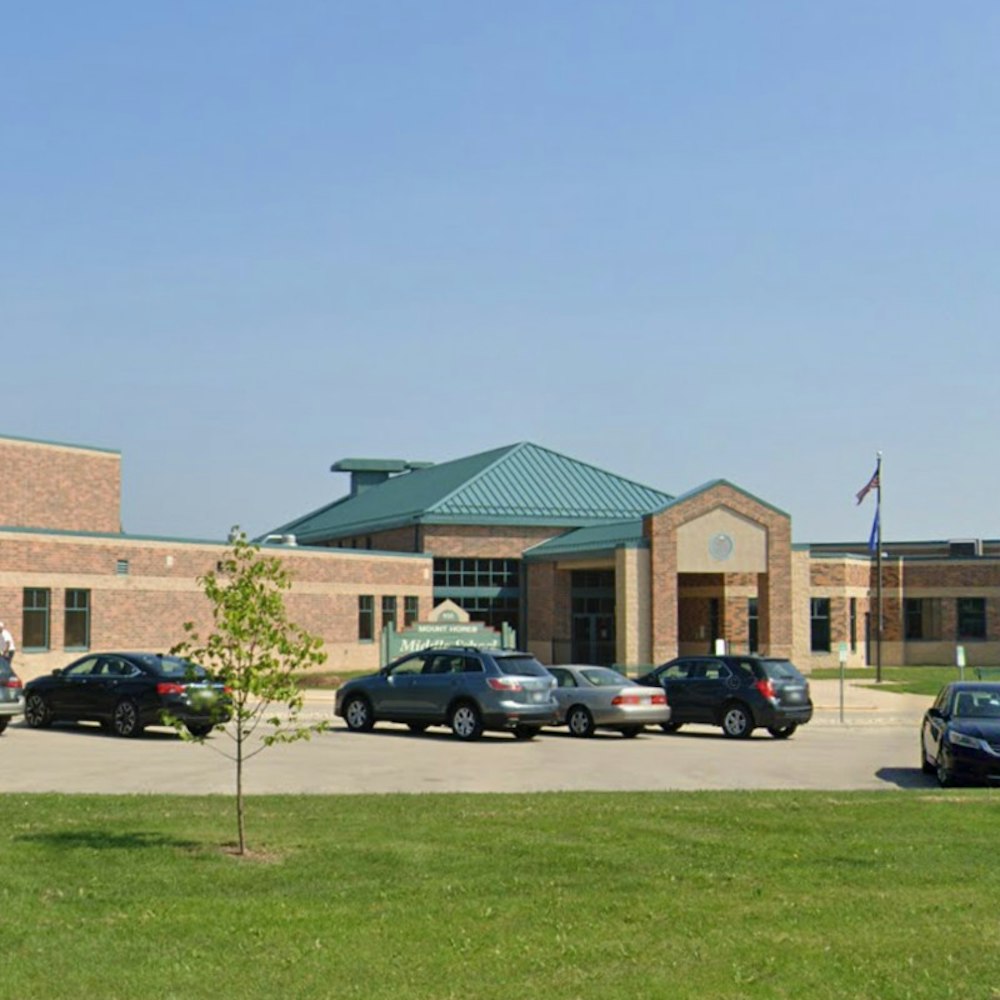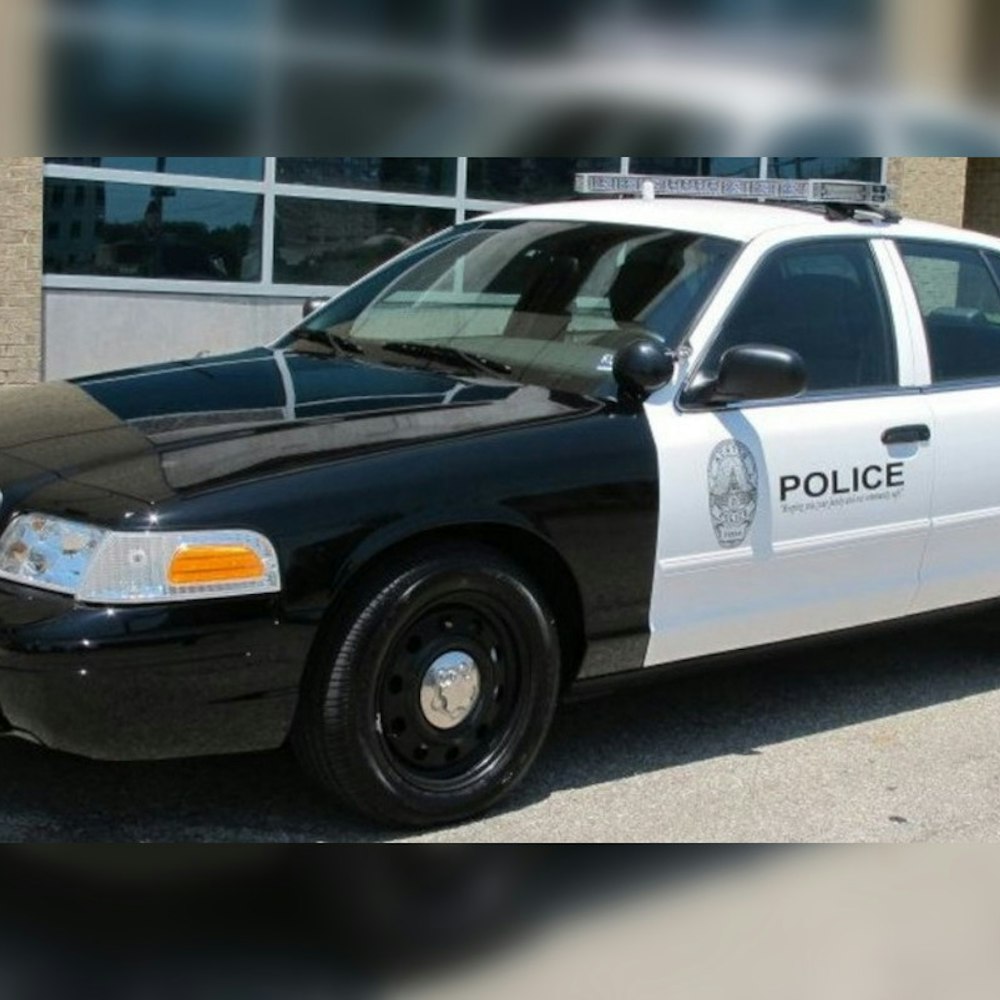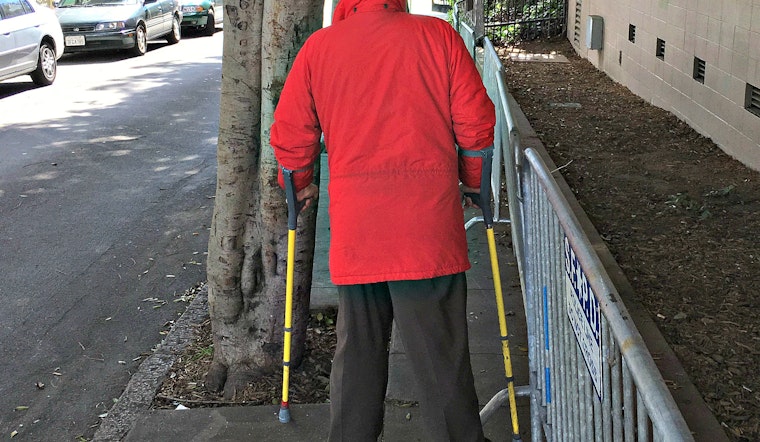
Last week, we reported that the City’s Fix-It team had deployed metal barricades in the Castro, to deter homeless individuals from congregating around the Eureka Valley/Harvey Milk Memorial Library.
However, the barricades that were added to Prosper Street aren’t compliant with standards set forth by the Americans with Disabilities Act (ADA), as confirmed to Hoodline by Bassam Altwal, a certified access specialist who works in San Francisco.
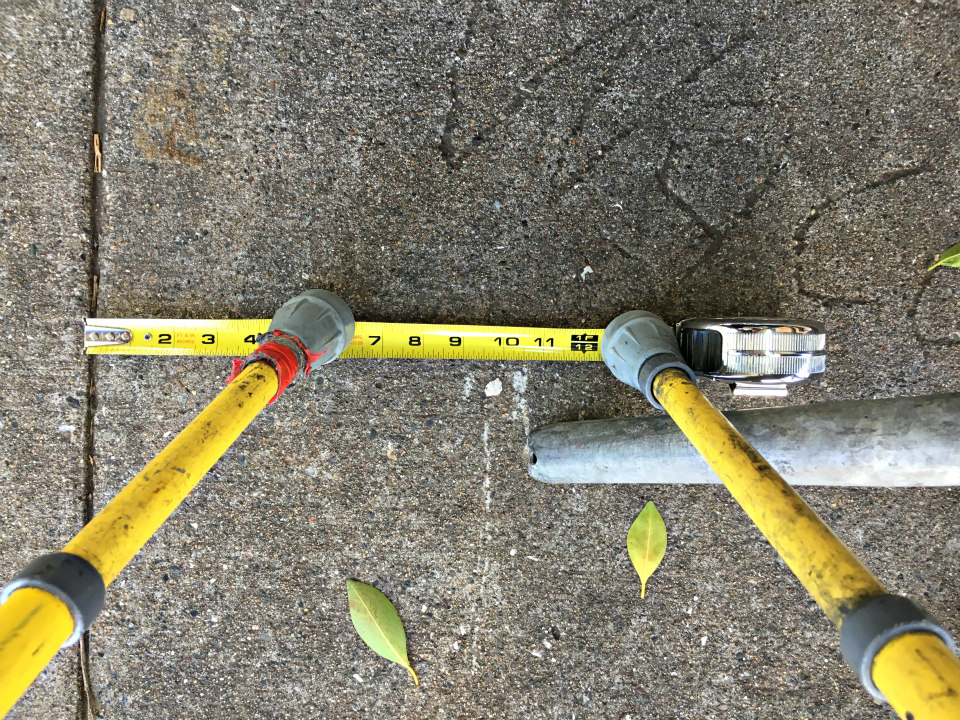
According to ADA regulations (and San Francisco policy), there are required minimum widths for sidewalks in order to be compliant. Even when a sidewalk is blocked for temporary construction, it has to be a certain width, have a special permit, or be marked as “closed."
In the case of Prosper Street, the sidewalk needs to be at least three feet wide, and cleared of obstructions, to be compliant. We measured the distance between Prosper Street’s barricades and trees, which is approximately one foot.
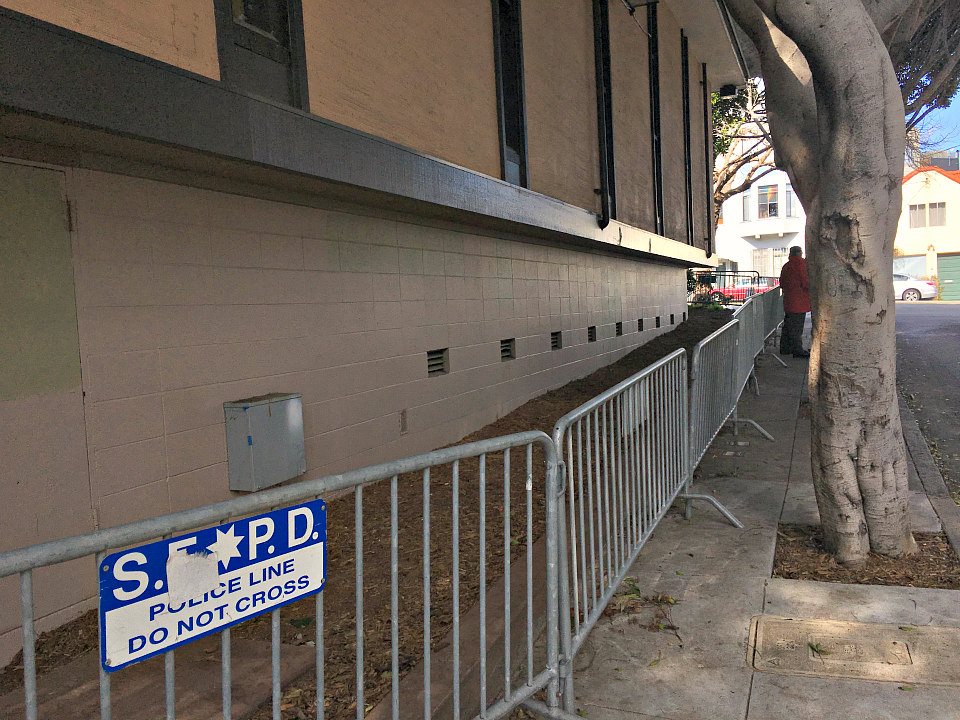
Because of a childhood bout with polio, Bob Planthold uses braces and crutches to get around the neighborhood.
He told us that for him and others, Prosper Street’s barricades make it nearly impossible—not to mention dangerous—to travel along the sidewalk.
“The barricades take away the accessible path of travel,” said Planthold. “Someone just did something quick and without thought, and there’s been no follow up monitoring on the placement.”
Planthold says that the sidewalk is now too challenging for a mobility-impaired person to navigate.
“Anybody coming up from 17th Street coming up Prosper wouldn’t know that until they’re two-thirds of the way up the block,” said Planthold. "Then they'd have to go all the way back down and cross the street, because there are no ramps anywhere, not even a driveway.”
“Barricades say ‘this public institution is not meant to be accessible for you,’” Jodi Schwartz, the executive director of Castro-based LGBTQ youth center LYRIC, told us via email. “Just as was done with the removal of the benches in Harvey Milk Plaza, these decisions are meant to limit community space for the use by only some of our members, rather than all of our members."
"This type of discriminatory policy has no place in San Francisco," Schwartz wrote.
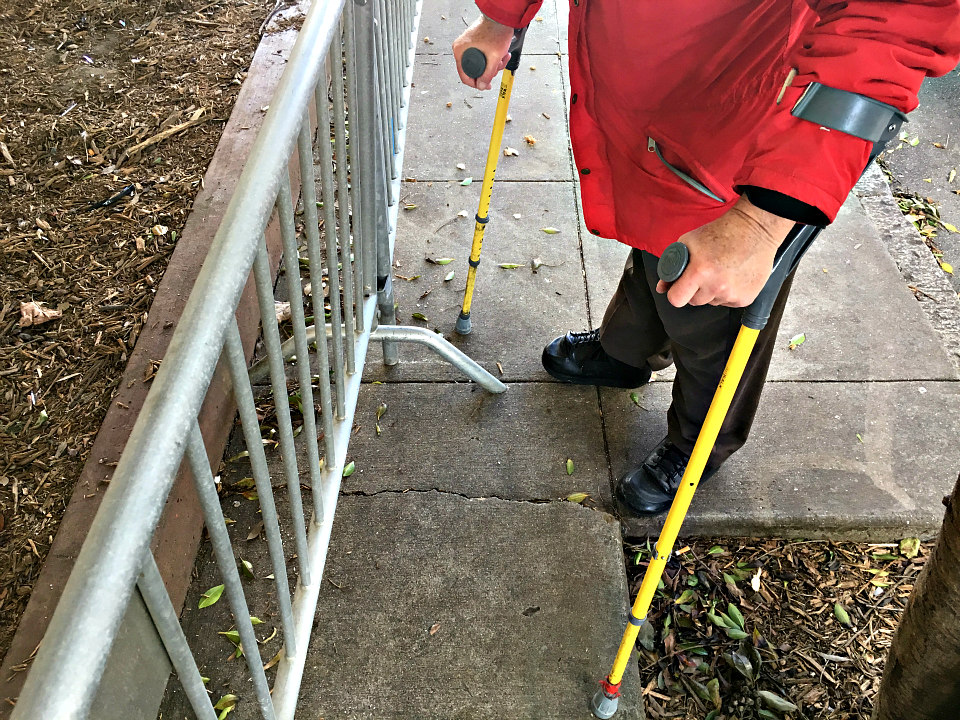
Planthold would like to see the barricades moved up off of the sidewalk and into the adjacent planter area next to the library.
“That way, you still have a passable path," he said.
He also noted that despite the placement of the barricades, homeless individuals are also still scattered along 16th Street’s sidewalks.
“The barricades seem like they’re meant to prevent somebody from huddling against the back of a building,” Planthold said. “And yet, as we see farther down the block, there are people huddling against the backs of other buildings."
"It’s not a solution—it’s a dispersal.”
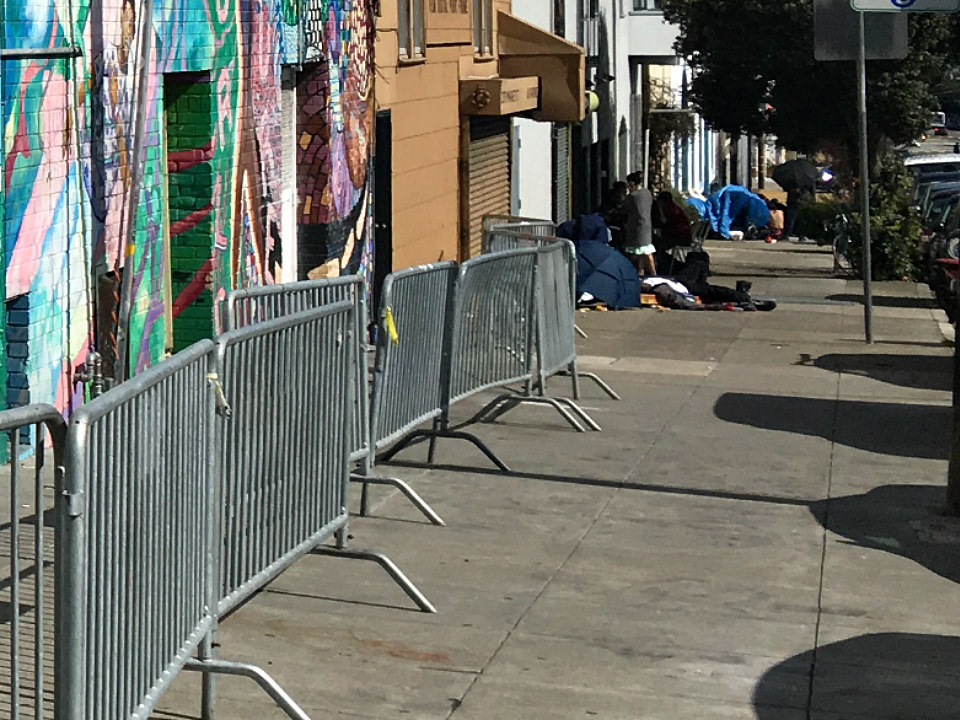
Anna Damiani, a neighbor who gets around San Francisco in a wheelchair, has faith that when accessibility issues like the one along Prosper Street are brought up in the right way, they can be resolved relatively quickly.
“Generally speaking,” said Damiani, “in the Castro and some of the places I’ve encountered this, if I find the right person, they tend to be willing to work with me. If I take a direct approach, sometimes they’ll take care of it right away.”
"Somebody probably just didn’t think it through," Damiani said. “Technically, it seems like they’re complying, but I bet that no one got in a wheelchair to try it out when they were setting up the barricades.”
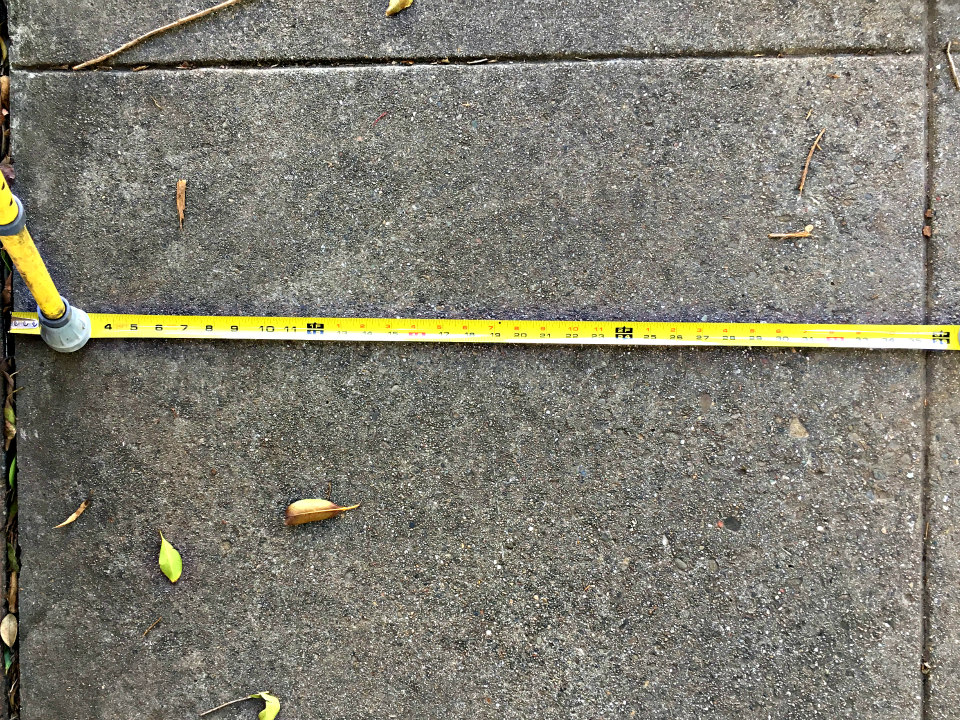
When we contacted SF Public Works yesterday afternoon, spokesperson Rachel Gordon told us that crews would be “dispatched to move the barricades and to make sure they adhere to ADA standards."
“Once [Hoodline] brought it to our attention,” wrote Gordon, “we moved to get the problem resolved. I would have done the same if anyone had let us know there was a problem. ADA compliance is a priority.”
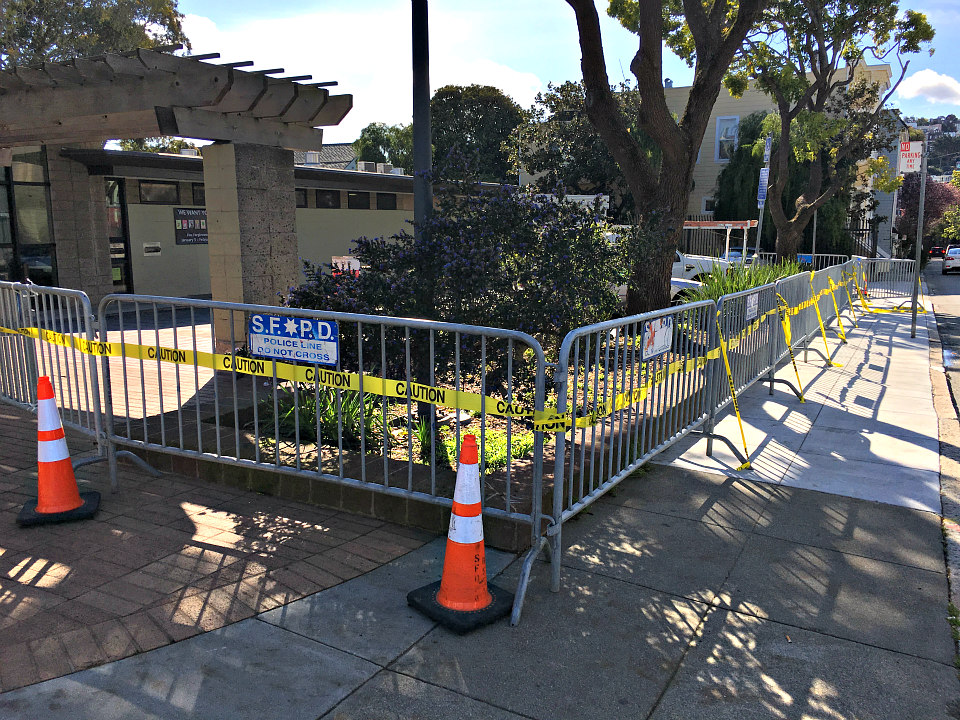
But while trucks arrived to the library shortly after our email yesterday afternoon, the barricades are still in place as of this morning. In fact, additional barricades are now in place on Pond Street, congesting that sidewalk as well.
Fix-It Team director Sandra Zuniga and the Mayor's Office on Disability both failed to respond to our request for comment.

